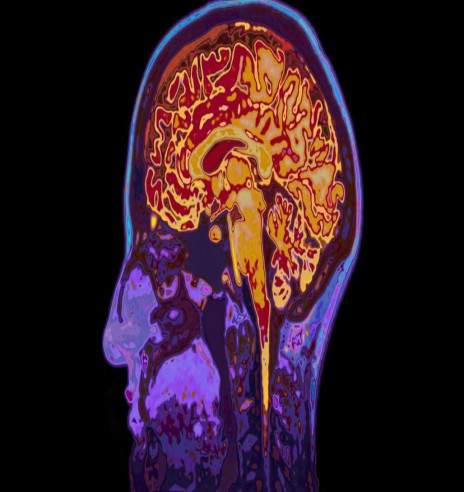Drastic times call for drastic measures, which is why one Chinese drug addict has allowed doctors to insert an electrical device into his brain in an attempt to curb his methamphetamine use. Known only as Yan, the man is taking part in a controversial clinical trial that is the first to investigate the efficacy of this procedure in live humans.
After seeing his life fall apart since getting hooked on methamphetamine in 2011, Yan gave doctors permission to drill through his skull and place a pair of electrodes onto a brain region called the nucleus accumbens, which is part of the so-called reward circuit and has been found to misfire in people suffering from addiction. He then had a battery pack inserted into his chest in order to power the device, which can electrically stimulate the nucleus accumbens at the flick of a switch.
Known as deep brain stimulation (DBS), the technique might sound somewhat grisly, but it is actually being developed as a safer and more humane alternative to a separate practice that has recently been banned in China, whereby areas of brain tissue were surgically destroyed in order to try and treat drug addiction.
Six months after receiving the electrodes at Ruijin Hospital in Shanghai, Yan says he is now completely drug-free, and has also revealed how his “magical” device helps to regulate his emotions, saying “it controls your happiness, anger, grief, and joy.”
Previous research has indicated that DBS may help to alleviate symptoms of dementia and other types of cognitive impairment, although its use as a treatment for addiction remains a controversial topic. Until now, trials had only ever been permitted in animal models, as the complexity of addiction means that zapping someone’s brain is loaded with ethical concerns.
However, Sun Bomin, who is overseeing the study, says that when it comes to investigating the efficacy of DBS for addiction and other complex psychological disorders, “there’s no way to use the animal model… [and] we have to use human patients,” notes The Washington Post.
For now, China appears to be the only country that is willing to allow this type of research to go ahead on a large scale, although the FDA has recently given approval for a small study into DBS to take place in the US, where the opioid crisis continues to spiral out of control.
